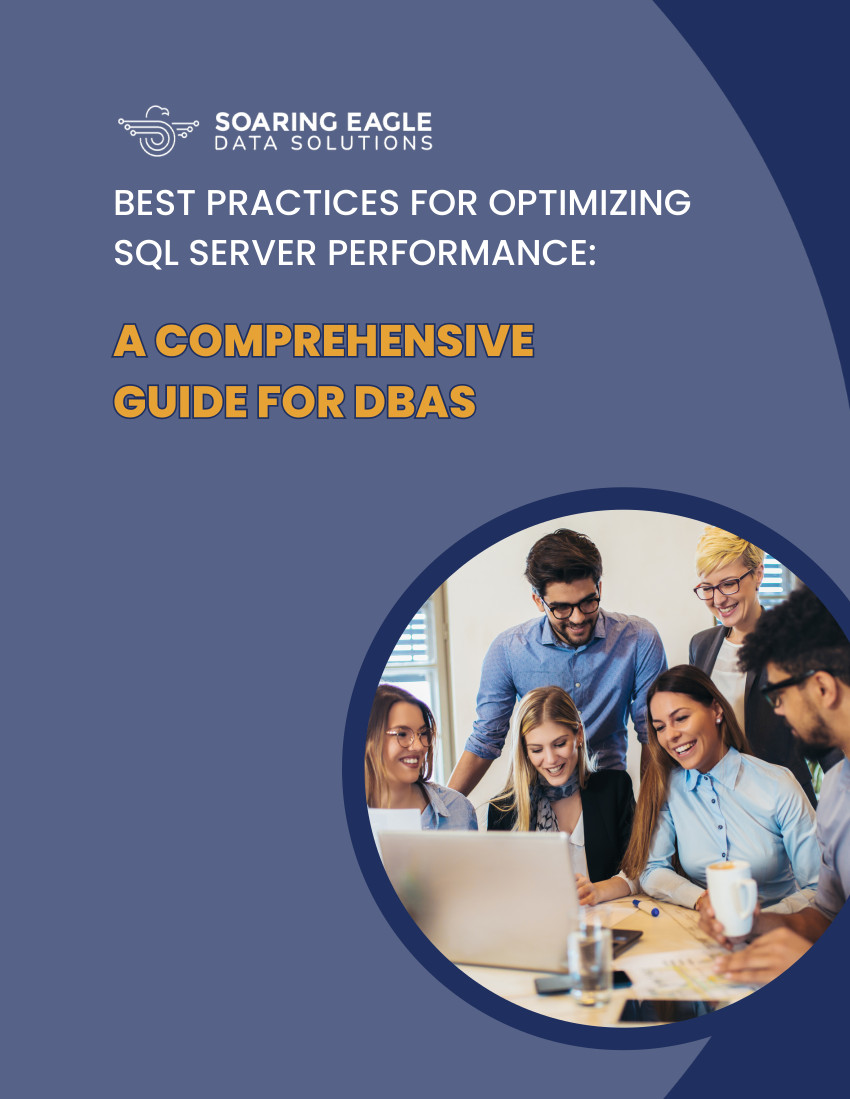Recently I was asked by a nontechnical resource within the company why we don’t see more small companies on SQL Server Express. The best answer I could give them was that SQL Server Express is a training tool, and not a data storage solution. Although it is technically possible to store data in SQL Server Express, Microsoft expressly limits it, so it can not become the free catch-all for the thrifty entrepreneur.
To begin with, it’s data storage is limited to 10GB, which includes all internal security modules, and it’s locally stored. In a world of work-from-home technical staff, that means the entire company’s data is one there-was-an-accident-involving-my-cat-I’m-so-sorry away from complete destruction. Well, the savvy DBA would ask, that’s what high availability solutions are for, isn’t in? After all, Microsoft’s Always On availability groups are some of the easiest clustering solutions to manage! Not in SQL Server Express, they’re not. Microsoft does not support any form of clustering on SQL Server Express, and only allows backups to azure.
Well, says the thrifty entrepreneur, I trust my technical resources. They are professional and would never lose a single cell of data! Great. Do you trust everyone else on the planet as well? If so, I have a bridge to sell you. If not, you’d probably be very interested to know that Always Encrypted is not supported on SQL Server Express either. What this means is that the end-to-end encryption offered to every other edition of SQL Server will not contribute to the database security of your SQL Server Express data, leaving you vulnerable to malicious actors.
Reporting, Analytics, Internal R and Python capabilities – all gone in SQL Server Express. You’d be hard pressed to create even a basic report or dashboard from SQL Server Express, an issue you will not find with even the SQL Server Standard edition.
I don’t care about the bells and whistles, says the thrift entrepreneur, I just need a way to store my data that is efficient and accessible. Well, remote connections are often not accepted on SQL Server Express, so there goes accessibility, and as far as efficiency… SQL Server Express is limited to using only one processer, and the in-memory performance is dramatically worse.
In short, the only reason to use SQL Server Express is if you have under 10GB of data that you need to store, but don’t particularly care how secure, efficient, or usable it is. SQL Server Standard edition is generally the edition formatted for the savvy startup.


